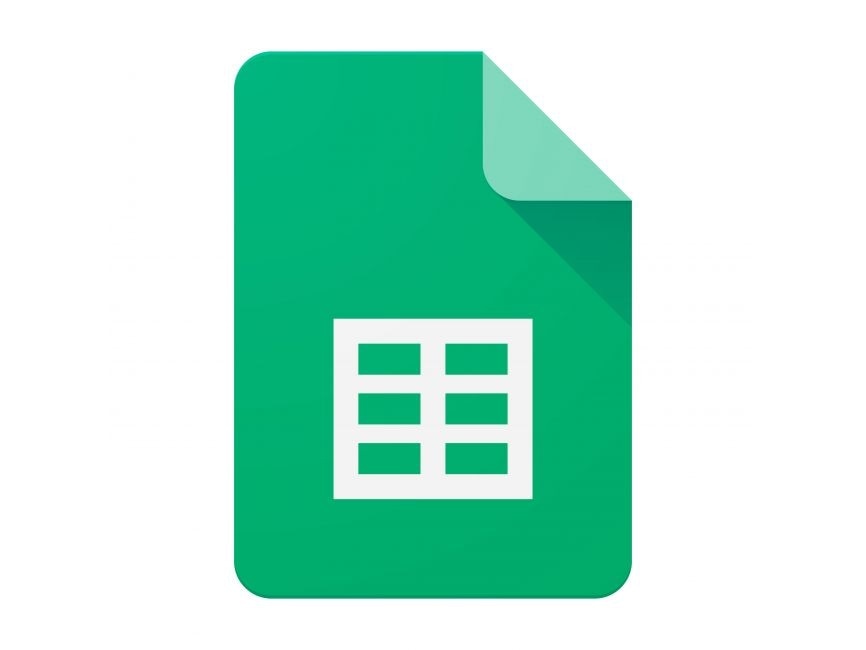



















Django is a powerful web framework that simplifies the process of building dynamic and scalable web applications. When paired with Lazy AI, the development process becomes even more efficient. Lazy AI provides ready-to-use Django templates for various use cases, automates repetitive tasks, and ensures your project adheres to best practices. Whether you're developing a personal portfolio, a complex ecommerce site, or a blog, Lazy AI enhances productivity and reduces development time while maintaining high-quality standards.
Lazy AI offers a wide variety of templates designed to meet the diverse needs of Django developers:
These templates are customizable and designed to help developers focus on their core application logic while reducing boilerplate coding.
Django’s flexibility and power can also lead to complexities, especially for new developers. Issues like managing Django template exceptions (TemplateSyntaxError) or optimizing performance can slow down the development process. Lazy AI addresses these challenges by providing prettier Django templates that are clean and error-free, while also offering insights to debug errors like "TemplateSyntaxError: Could not parse the remainder."
Additionally, Lazy AI helps streamline workflows by automating routine tasks such as setting up Django template backends, extending templates, and integrating Django views and templates. This reduces the chances of human error and improves the overall efficiency of the development process.
Starting with Django and Lazy AI is straightforward. Once integrated, you gain access to a rich library of Django framework templates, including those tailored for specific projects like Django ecommerce templates or Django portfolio website templates. Select a template, customize it using Lazy AI’s intuitive interface, and deploy your web application with ease. Whether you're working on Django 4 templates or legacy projects, Lazy AI ensures a seamless experience for developers of all skill levels.
Django projects often involve multiple developers, each handling different aspects such as Django models, views, and templates. Lazy AI enhances collaboration by centralizing project management and providing access to Django design templates that ensure a consistent look and feel. Teams can share and extend templates, review code changes in real-time, and maintain alignment across all development phases.
Performance is a critical aspect of any Django project. Lazy AI helps optimize your web applications by suggesting best practices for Django template dirs, efficient HTML templates in Django, and streamlined database queries. It also ensures that front-end templates for Django, such as those built with Bootstrap or Vue, load quickly and run smoothly. This results in faster page load times and improved user experiences, even under high traffic conditions.
As your Django application grows, scalability and maintainability become increasingly important. Lazy AI simplifies this by offering modular templates and tools for code organization. Whether you’re building a Django web app template or integrating React with Django templates, Lazy AI ensures your project remains clean and scalable. Its centralized dashboard makes it easy to update, monitor, and expand your application without introducing unnecessary complexity.